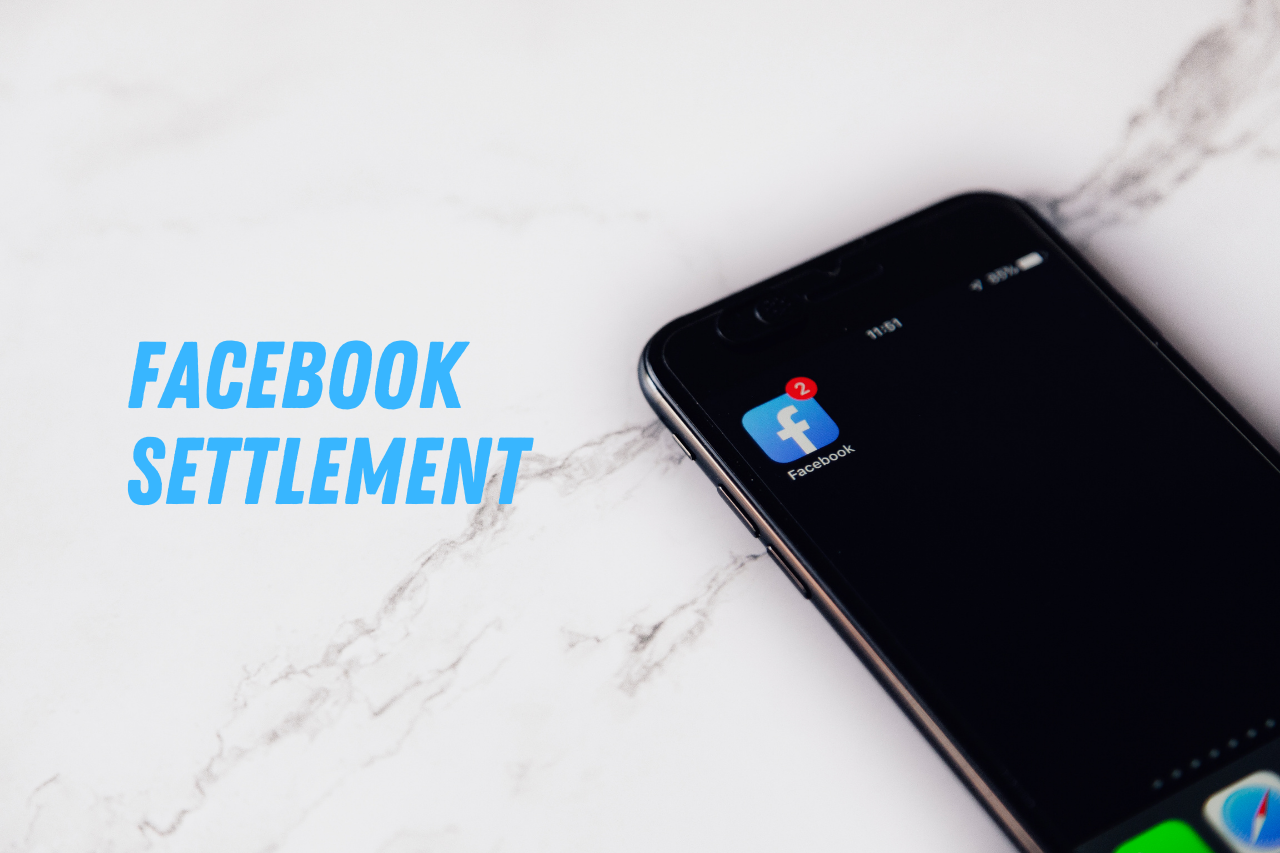
facebook settlement
The Facebook settlement has been a topic of significant discussion and debate in recent months, as the social media giant faces scrutiny over its handling of user data and privacy issues. In this article, we will delve into the details of the facebook settlement, its implications for Facebook users, and the broader regulatory response.
Background of the Facebook Settlement:
The Facebook settlement stems from allegations of privacy violations and data misuse by the company. Concerns were raised regarding the unauthorized sharing of user data with third-party developers and the lack of adequate safeguards to protect user privacy.
Details of the Settlement Agreement:
The settlement agreement includes provisions for enhanced privacy protections, increased transparency, and stricter oversight of Facebook’s data practices. Additionally, the agreement may involve financial penalties or other punitive measures against the company.
Impact on Facebook Users:
Facebook users may experience changes to the platform’s privacy settings and data collection practices as a result of the facebook settlement. The company may implement new measures to safeguard user data and provide greater control over personal information.
The impact on Facebook users is significant and wide-ranging, affecting both individuals and society as a whole. On an individual level, Facebook users may experience changes in their mental health and well-being due to factors such as excessive social comparison, cyberbullying, and exposure to misinformation. Social media platforms like Facebook can also contribute to feelings of isolation and loneliness, despite their intended purpose of connecting people. Additionally, concerns about privacy and data security may lead to distrust and anxiety among users.
At a societal level, the impact of Facebook extends to issues like the spread of misinformation, polarization of political discourse, and influence on democratic processes. The platform’s algorithms and content recommendation systems can create echo chambers and filter bubbles, reinforcing existing beliefs and limiting exposure to diverse perspectives. This can contribute to social division and hinder constructive dialogue on important issues.
Furthermore, Facebook’s role in facilitating the dissemination of false information and manipulation campaigns has raised concerns about its influence on public opinion and trust in institutions. The platform’s vast reach and ability to amplify content make it a powerful tool for shaping narratives and influencing behavior, which can have far-reaching consequences for society.
Overall, the impact of Facebook on its users is complex and multifaceted, with both positive and negative implications for individuals and society. As the platform continues to evolve, it is essential to address these challenges and work towards creating a more responsible and ethical digital environment.
Regulatory Response and Oversight:
Regulatory agencies have been closely monitoring Facebook’s compliance with the settlement agreement. Oversight measures may include regular audits, reporting requirements, and ongoing supervision to ensure Facebook adheres to the terms of the Facebook settlement.
Rebuilding Trust and Accountability:
In response to the settlement, Facebook has pledged to improve transparency, strengthen privacy protections, and rebuild trust with users. The company may introduce new initiatives to demonstrate its commitment to accountability and responsible data management.
Rebuilding trust and accountability is crucial in any relationship or organization, especially after trust has been broken or confidence has been shaken. It requires open and honest communication, a willingness to take responsibility for one’s actions, and a commitment to making amends and repairing any damage that has been done.
Transparency and consistency are key factors in rebuilding trust, as they demonstrate integrity and reliability. It’s important to listen actively to the concerns and grievances of others, acknowledge any wrongdoing, and work together to find constructive solutions. Rebuilding trust and accountability takes time, patience, and effort from all parties involved, but the rewards of stronger relationships and a more positive work or personal environment are well worth it in the end.
Conclusion:
The Facebook settlement represents a significant step toward addressing concerns about user privacy and data security. By implementing stricter regulations and oversight measures, Facebook aims to restore confidence among users and regulators alike.
FAQs:
What led to the Facebook settlement?
- The settlement was prompted by allegations of privacy violations and data misuse by Facebook, raising concerns about the company’s handling of user data.
What are the main terms of the settlement agreement?
- The settlement agreement includes provisions for enhanced privacy protections, increased transparency, and stricter oversight of Facebook’s data practices.
How will the settlement impact Facebook users?
- Facebook users may experience changes to the platform’s privacy settings and data collection practices, as the company implements new measures to safeguard user data.
What regulatory oversight is in place following the settlement?
- Regulatory agencies are closely monitoring Facebook’s compliance with the facebook settlement agreement, implementing measures such as regular audits and reporting requirements.
What steps is Facebook taking to rebuild trust and accountability?
- Facebook has pledged to improve transparency, strengthen privacy protections, and rebuild trust with users through initiatives aimed at demonstrating accountability and responsible data management.
Also Read: Adult Happy Meal


